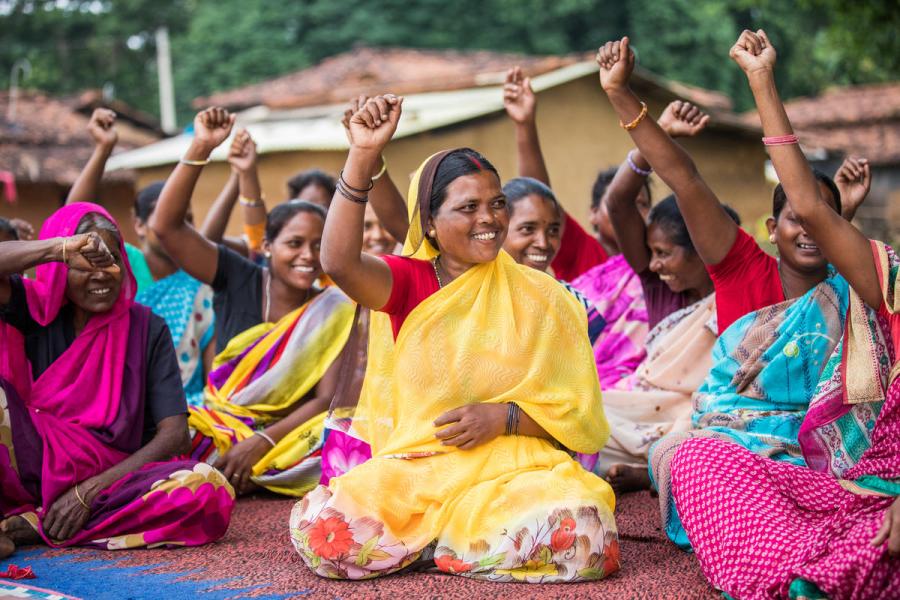Decentralisation of power in India refers to the transfer of authority and responsibility for planning and delivery of certain public services from the central and state governments to local governments, such as panchayats (village councils) and urban local bodies. The main objectives of decentralisation are to empower local communities, increase their participation in decision-making, improve accountability and responsiveness of public officials, and promote democratic values and social justice.
In my opinion, decentralisation of power in India has changed the governance landscape at the grassroots to a considerable extent, but there are still many challenges and gaps that need to be addressed. Some of the positive impacts of decentralisation are:
Voter participation: Voter participation is significantly higher (90%) at panchayat and municipality level compared to state or Lok Sabha elections (60%). This shows that people are more interested and involved in local governance issues that affect them directly.
Female participation: The 73rd amendment has opened the way for women to exercise their right to be involved in village governance. Most of the states have female representatives more than the reserved one third seats which augurs well for women empowerment. This makes women issues and programs to be given priority in implementation. Contrastingly, Women constitute only 6.7 per cent of the total seats in Parliament.
Effective implementing body: PRIs help implement the government programs effectively by identifying beneficiaries, distribution of benefits etc. For example, its role in MGNREGA is commendable. Gram sabha is the foundation of social inclusion: The Participation of marginalized sections such as SCs/STs have increased and hence their problems at grassroots level are well addressed by their respective representatives.
Some of the challenges and gaps that need to be addressed are:
Lack of administrative and fiscal autonomy: The World Bank study goes on to argue that although Indian States and the Union government have been willing to recognise the Panchayats, to hold elections and to respect stipulations governing reservations for Scheduled Castes (SCs), Scheduled Tribes (STs) and women, they have been unwilling to vest them with sufficient ‘administrative control over significant functions or fiscal autonomy. For instance, Panchayats at all levels have inadequate powers of taxation and panchayats lack autonomous budgeting powers. The transfer of various governance functions —like the provision of education, health, sanitation, and water was left to the state legislature to actually devolve functions. There has been very little devolution of authority and functions. States reserve the right to assign or withdraw functions to and from the Panchayats by ‘executive fiat’. With the exception of Kerala, Karnataka and West Bengal, Panchayats lack discretionary powers over spending and staff.
Lack of capacity and accountability: Many local governments lack the capacity and resources to perform their assigned functions effectively. They face challenges such as inadequate staff, training, infrastructure, technology, data, etc. They also lack mechanisms for ensuring accountability and transparency in their functioning. There are issues such as corruption, nepotism, political interference, elite capture, etc. that undermine the quality and efficiency of service delivery.
Lack of coordination and convergence: There is a lack of coordination and convergence among different levels and sectors of government, as well as among different stakeholders such as civil society, private sector, media, etc. This leads to duplication, fragmentation, inconsistency, and wastage of resources. There is a need for better harmonisation and integration of policies, plans, programs, budgets, monitoring, evaluation, etc. across different domains and actors.
Therefore, decentralisation of power in India has changed the governance landscape at the grassroots to a considerable extent by empowering local communities and increasing their participation in decision-making processes that affect them. However, there are still many challenges and gaps that need to be addressed to make decentralisation more effective, inclusive, responsive, and accountable.
